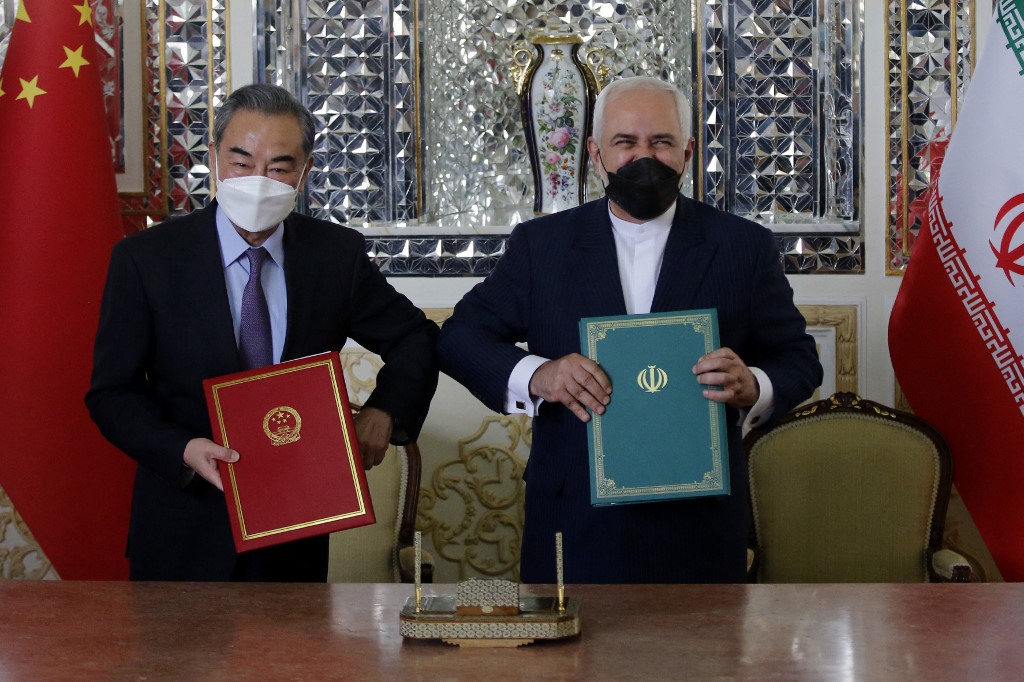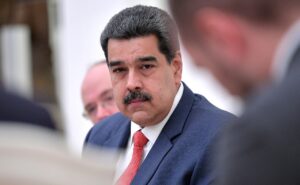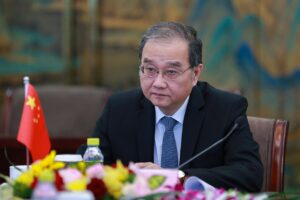On April 6, parties to the Iran nuclear deal will meet in Vienna to identify “needed actions,” including lifting sanctions and imposing implementation measures, for a resumption of the agreement by all parties. The meeting is taking place less than two weeks after China and Iran signed a “strategic cooperation agreement” that is set to last 25 years. However, the Vienna talks – which include China – are in their early stages and unlikely to affect the Beijing-Tehran agreement, about which speculations remain rife. Indeed, it is this agreement that ought for now to pique more interest. Does it, for example, presage a formal alliance between China and Iran? Is it an example of China flexing more muscle in the Middle East? The short answer is that it is an example of the continued strategic sparring between China and the US and the fact that it is happening in the Middle East is mere coincidence. (Though the Chinese are not shy about trying to advance their interest if the opportunity is available.)
First, contrary to the claim that the Beijing-Tehran agreement was formulated only last year, it has in fact been more than five years in the making. A joint statement was first issued in January 2016, when China’s President Xi Jinping visited Iran. The statement committed the two countries to working toward “a 25-year comprehensive cooperation agreement given their mutual desire to advance bilateral relations, the complementarity of their economies and their cooperation in energy, infrastructure, industry and technologies.”
What is surprising, then, is not the agreement itself, but why now?
Xi was in Tehran five years ago, exactly a week after the Iran nuclear deal – officially the Joint Comprehensive Plan of Action – came into effect and sanctions on Tehran were lifted. That made Iran a more appealing prospect for foreign investment. But China was only one of many countries seeking business opportunities. That year, Iran struck trade, energy and infrastructure deals with France, Italy and Spain, to name but a few. With many multinationals eager to do business, China’s offering was seen as less appealing by Iran.
Read the full article in the Syndication Bureau.




